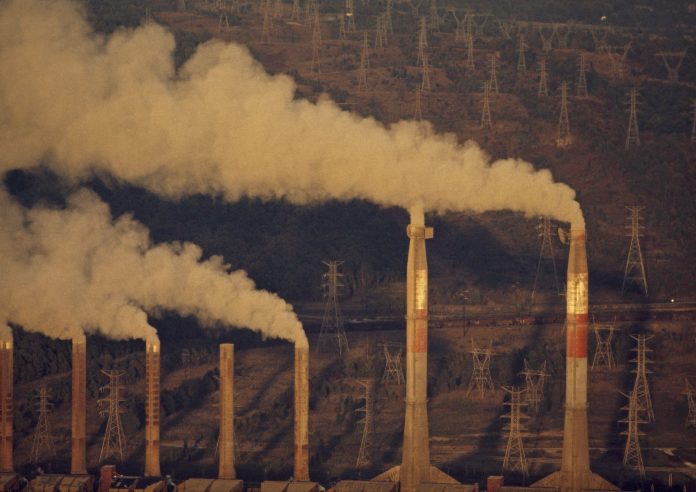The pandemic has perhaps shown the disruptive impact of businesses on the environment, and the issues we could not have noted if not for the virus. It is with no doubt that global supply chains and international travels may have sped up the spread of the virus and contributed to an increase in carbon emissions. If not for the current lockdown, changing our consumer behaviours around the environment would not have been an active choice.
Global Financial Stability 2020, reports that the shutdown in economic activity as a result of the COVID-19 crisis has resulted in a sharp decline in global emissions. Daily emissions have declined by about 17% in early April 2020 compared to 2019 levels. However, this is likely to reverse because several countries across the world have lifted lockdown and economic activities have picked up.

There is a possibility of delay in the transition to a low carbon economy should the effects of the economy resulting from this pandemic run deep.
Nevertheless, the pandemic has continued to change different firms’ perspective towards environmental issues. Demand for renewable energy and clean technologies has increased.
In the first ten weeks of lockdown, while global emissions declined by 8%, the US saw renewable energy consumption increase by 40% as India saw a 45% increase. An indication that there will likely be a surge in demand for renewable energy post-COVID-19.
The crisis might present an opportunity for firms to accelerate the transition to a low carbon economy by inducing structural shifts in consumer and investor preferences towards environmentally friendly products if economic agents change their beliefs about the likelihood of other catastrophic events, such as those linked to climate change.
Almost every country at the moment is steering towards low-carbon energy sources and the demand for renewable electricity is expected to grow by 5% in 2020 with hydropower playing an increasingly important role.
Different firms believe that the coronavirus crisis has exposed the deep vulnerabilities of the current system and, therefore, there is an opportunity for governments to focus on renewable technologies as a way to recover economic growth and meet climate targets at the same time.
Accelerating investment in renewable energy could drive economic recovery from COVID-19, while simultaneously multiplying the number of jobs in this sector.



